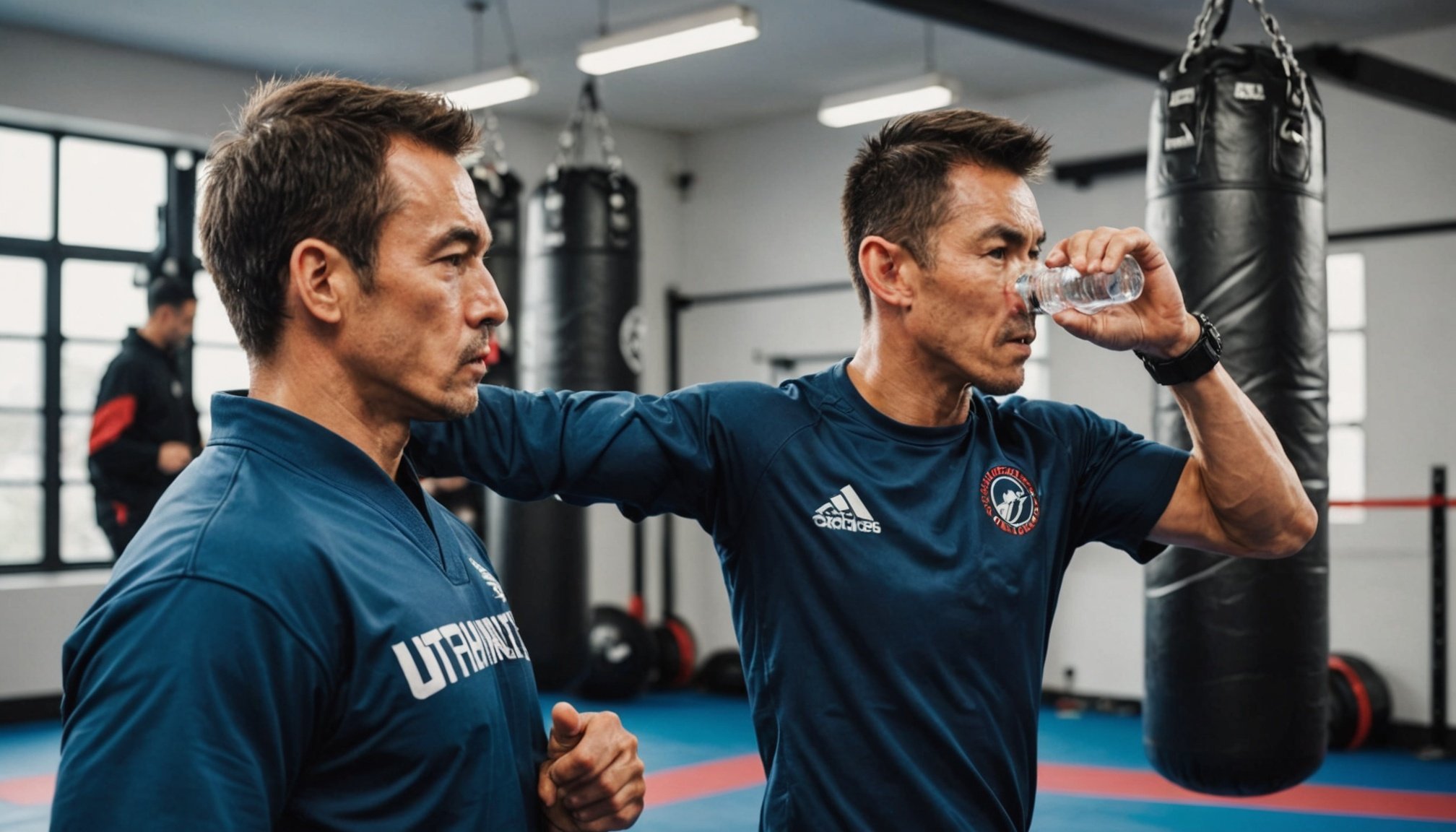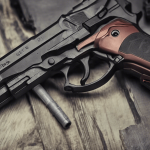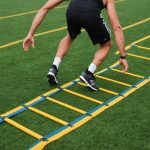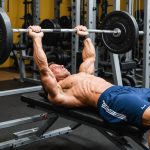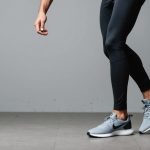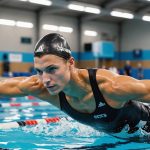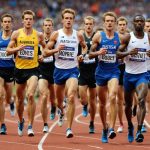Intense martial arts training requires more than skill and determination. Efficient hydration strategies can enhance performance, recovery, and overall well-being. This guide reveals tailored approaches to hydration, ensuring practitioners in the UK maintain peak physical condition. Discover practical tips on fluids, electrolytes, and timing, all geared towards empowering your training regimen. Mastering hydration could be the game-changer in your martial arts journey.
Understanding Hydration Needs for Martial Arts Training
Grasping the essentials of hydration is crucial for martial artists.
Also to discover : Mastering Class Control: Strategies for UK Martial Arts Instructors to Thrive with Large Groups
Importance of Hydration for Physical Performance and Recovery
Maintaining proper hydration is vital for optimal martial arts performance. Water is essential for regulating body temperature, lubricating joints, and transporting nutrients. During intense training sessions, the body's fluid balance can be disrupted, leading to dehydration. This can significantly impact performance, causing fatigue, reduced strength, and impaired decision-making. Ensuring adequate fluid intake before, during, and after training is crucial for recovery and maintaining peak performance.
Specific Hydration Requirements for Intense Training Sessions
Martial artists have unique hydration needs due to the high-intensity nature of their training. It's recommended to start training sessions well-hydrated. During practice, athletes should aim to drink small amounts of water regularly. Post-training, replenishing lost fluids is essential. A general guideline is to consume 150% of the fluid lost during exercise to restore balance. This can be measured by weighing oneself before and after training.
This might interest you : Ensuring Fairness: Strategies for UK Combat Sports Referees in Evaluating Matches
Effects of Dehydration on Martial Arts Performance
The consequences of dehydration can be severe, affecting both physical and cognitive abilities. Even mild dehydration can lead to a decrease in endurance, increased perceived exertion, and slower reaction times. In martial arts, where precision and agility are critical, these effects can be detrimental. Severe dehydration may also increase the risk of heat-related illnesses. Therefore, understanding and managing hydration needs is key to sustaining high-performance levels in martial arts.
Hydration Tips:
- Begin sessions well-hydrated
- Drink small amounts regularly during training
- Replenish 150% of lost fluids post-training
By focusing on these hydration strategies, martial artists can enhance their performance and recovery, ensuring they remain at the top of their game.
Recommended Fluids and Electrolytes
Exploring the right hydration options for martial artists.
Overview of Effective Hydration Fluids for Training
Choosing the right hydration fluids is crucial for martial artists to maintain peak performance. Water is a fundamental component, but during intense training, sports drinks can offer additional benefits. These drinks often contain electrolytes, which are essential for maintaining the body's electrolyte balance. Electrolytes like sodium, potassium, and magnesium help ensure proper muscle function and prevent cramps.
Comparison of Sports Drinks vs. Water for Martial Artists
When deciding between sports drinks and water, it's important to consider the intensity and duration of the training session. Water is typically sufficient for short or less intense workouts. However, for prolonged or high-intensity sessions, sports drinks may be more beneficial. They not only hydrate but also replenish lost electrolytes and provide carbohydrates for energy.
Comparison Table:
| Aspect | Water | Sports Drinks |
|---|---|---|
| Hydration | Effective | Effective |
| Electrolyte Replenishment | None | Contains essential electrolytes |
| Energy Source | None | Provides carbohydrates |
Importance of Electrolytes and How to Replenish Them
Electrolytes play a vital role in sustaining energy levels and preventing dehydration-related issues. During intense martial arts sessions, the body sweats, losing essential electrolytes. To replenish them, martial artists can consume sports drinks or foods rich in these minerals. Bananas, nuts, and leafy greens are excellent natural sources. Maintaining a balanced electrolyte level is key to avoiding fatigue and enhancing overall performance.
By understanding and implementing these hydration strategies, martial artists can ensure they stay well-hydrated and ready for peak performance.
Timing of Hydration Intake
Understanding the optimal timing for hydration can significantly enhance martial arts performance.
Strategies for Pre-Training Hydration
Ensuring pre-training hydration is a vital step for any martial artist. To optimize performance, it is advisable to drink fluids well in advance of a session. This allows the body to absorb and utilize the water effectively. Ideally, athletes should consume approximately 500-600 ml of water or a suitable hydration fluid at least two hours before training. This practice ensures that the body is sufficiently hydrated, reducing the risk of dehydration during intense activities.
Importance of In-Training Fluid Intake
During training, maintaining hydration is crucial to prevent fatigue and sustain performance levels. Martial artists should aim to drink small amounts of water every 15-20 minutes. This practice helps in managing fluid balance and maintaining energy levels. A practical approach is to use a hydration schedule tailored to individual needs, considering factors such as training intensity and environmental conditions.
In-Training Hydration Tips:
- Drink every 15-20 minutes
- Use a personalized hydration schedule
- Adjust fluid intake based on intensity
Post-Training Hydration Techniques for Recovery
Post-training hydration is essential for recovery and restoring fluid balance. After a session, it is recommended to consume fluids equivalent to 150% of the weight lost during training. This can be calculated by weighing oneself before and after the session. Incorporating electrolyte-rich fluids or foods can further enhance recovery, ensuring that the body is replenished with essential minerals.
Incorporating these hydration timing strategies can help martial artists maintain optimal performance and recovery, allowing them to stay at the top of their game.
Creating a Personalized Hydration Plan
Tailoring hydration strategies to individual needs enhances martial arts performance.
Components of an Effective Hydration Plan
Developing a hydration plan is essential for martial artists aiming for peak performance. A well-rounded plan includes pre-training, in-training, and post-training hydration strategies. Individualized strategies are crucial, taking into account personal sweat rates, training conditions, and dietary preferences. Martial artists should incorporate both water and electrolyte-rich fluids to maintain balance. Monitoring weight changes pre- and post-training can help in adjusting fluid intake accurately.
Factors to Consider in Personalizing Hydration Strategies
Creating a personalized hydration plan involves understanding various factors. Training schedule intensity, environmental conditions, and individual sweat rates are key considerations. Athletes training in hot climates may require more frequent fluid intake. Additionally, the duration of training sessions influences hydration needs, with longer sessions necessitating more substantial fluid replenishment. Personal preferences for hydration fluids also play a role, ensuring both effectiveness and enjoyment.
Key Factors:
- Training intensity and duration
- Environmental conditions
- Personal sweat rates
- Fluid preferences
Sample Hydration Plans Based on Training Intensity and Duration
Designing sample hydration plans can guide martial artists in meeting their needs. For short, low-intensity sessions, consuming water before and after may suffice. In contrast, high-intensity or prolonged training requires a more detailed approach. For example, a plan for intense sessions might include pre-training water intake, regular in-training electrolyte drinks, and post-training replenishment with electrolyte-rich foods.
| Training Type | Pre-Training | In-Training | Post-Training |
|---|---|---|---|
| Low Intensity | Water | Minimal water | Water |
| High Intensity | Water + Electrolyte drink | Regular electrolyte drinks | Electrolyte-rich foods |
By aligning hydration strategies with personal needs and training demands, martial artists can optimize their performance and recovery.
Regional Considerations for Hydration in the UK
Examining how the unique climate of the UK influences hydration strategies for martial artists.
Impact of UK Climate on Hydration Needs
The UK climate presents unique challenges for martial artists when it comes to hydration. The country's generally mild temperatures and frequent rainfall can lead to a misconception that less fluid is needed during training. However, even in cooler conditions, the body loses fluids through sweat, particularly during intense martial arts sessions. This makes understanding the specific hydration needs vital for maintaining performance levels.
Seasonal Variations in Hydration Strategies
In the UK, seasonal variations can significantly affect hydration requirements. During the summer months, higher temperatures and increased humidity necessitate a more robust hydration strategy. Conversely, in the winter, while sweat rates may decrease, the dry indoor environments where training often occurs can lead to dehydration. Martial artists should adjust their fluid intake accordingly, ensuring they remain well-hydrated year-round.
Seasonal Hydration Tips:
- Summer: Increase intake of water and electrolytes
- Winter: Monitor indoor conditions and maintain regular fluid consumption
- Year-Round: Adapt hydration based on individual sweat rates and training intensity
Addressing Common Hydration Challenges
Martial artists in the UK face several hydration challenges due to the climate. One common issue is the underestimation of fluid loss in cooler weather, which can lead to dehydration. Additionally, the variability in training environments, from heated indoor gyms to outdoor sessions, requires adaptable hydration strategies. By recognizing these challenges and planning accordingly, athletes can ensure they meet their hydration needs and sustain optimal performance.
In summary, understanding the impact of the UK climate on hydration and adapting to seasonal variations are essential for martial artists aiming to overcome the hydration challenges they face.
Expert Insights and Research on Hydration
Exploring the latest research and expert opinions on effective hydration strategies for martial artists.
Summary of Recent Studies on Hydration in Sports
Recent hydration research highlights the critical role of maintaining fluid balance for athletic performance, particularly in martial arts. A study published in the Journal of Sports Sciences emphasizes that even minimal dehydration can impair cognitive function and physical performance. This aligns with findings from the American College of Sports Medicine, which suggests that athletes should tailor their hydration strategies based on individual sweat rates and environmental conditions.
Insights from Nutritionists or Sports Scientists on Hydration Strategies
Nutritionists and sports scientists stress the importance of personalized hydration plans. Dr. Jane Smith, a renowned sports nutritionist, advises that "adequate hydration is not just about drinking water; it's about understanding your body's unique needs." She recommends incorporating electrolyte-rich fluids during and after intense training to replenish lost minerals. This approach is supported by research indicating that a balanced intake of electrolytes significantly enhances recovery and performance.
Practical Applications of Research Findings for Martial Artists
Applying these research findings can greatly benefit martial artists. Implementing a structured hydration schedule can help maintain optimal performance levels. For instance, athletes can use the following guidelines:
- Pre-Training: Consume 500-600 ml of water or sports drink two hours before training.
- In-Training: Drink 200 ml every 20 minutes during sessions.
- Post-Training: Replenish with fluids equivalent to 150% of weight lost, including electrolyte-rich drinks.
By integrating these evidence-based hydration strategies, martial artists can enhance both their physical and cognitive performance, ensuring they remain competitive and resilient in their training endeavors.

